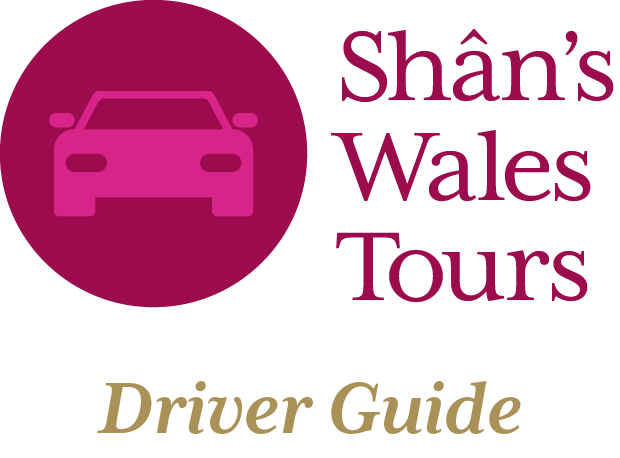Everyone wanted to ditch their lives and head to the Czech Republic’s freshly democratic capital. The dark and mysterious city held foggy bridges, Gothic architecture and the dream of Kafka-fueled discussions in cafés tucked down cobblestone alleyways. Then it shifted, and everyone had to go to Estonia. Tallinn, with its affordable medieval charms and the cold and deep Baltic Sea, beckoned. Belize was the hot spot at some point, too. Is it Iceland now? It seems as if every other person I know is booking a trip to experience the country’s crystal blue lagoons and hike black-rock crags where a bended-knee engagement might happen once every five minutes, according to Instagram.
What is it about these destinations that draws travelers in droves? They’re not like Paris, which will always hold our collective hearts, or Rome with its ancient travelers’ trade. Those cities are international beacons that shine brightly—bucket list check boxes for millions. The initial allure of places such as Prague and Iceland is actually the fact that they are not Paris or Rome. In this increasingly shared global space, these hot spots seem like places where there is still something left to be discovered. It always has helped if the new “hot spot” is affordable, accessible and welcoming to incoming explorers—and these days, there clearly has to be some picturesque moments or startling landscapes for the required social postings that will assure the location’s ascension to “hotness.” As we ready for the inevitable shift (“No one goes to Iceland anymore, it’s too crowded!”), where will the trend jet-setters land next? Here’s a thought: Why not Wales?
On a recent trip through the country, I kept asking myself that very question. The small but fiercely independent member of the United Kingdom that sits on the western edge of England seems to me to have all the tickets. It’s very old, but to the modern traveler it’s still a bit unknown (ask the person next to you if Wales is a city or a country). It’s accessible, but still rugged, and driving is an adventure. They speak English, but Welsh is more fun. It has one semiglitzy city where you can spend a bit of cash, but the rest of the country is mostly made up of small towns. Its landscape is remarkably varied, from white sandy beaches to thickly wooded gorges, and it has more castles per mile than any other country on earth. And good lord, there are sheep everywhere! More prodigious than the Aussies’ iconic kangaroos, the sheep are certainly more docile and photo ready than the cats of Bangkok. As I traveled from city to rocky wilderness, from cocktail bar to the world’s first mountainside surf lagoon, I wondered if this could be the right time for Wales.

